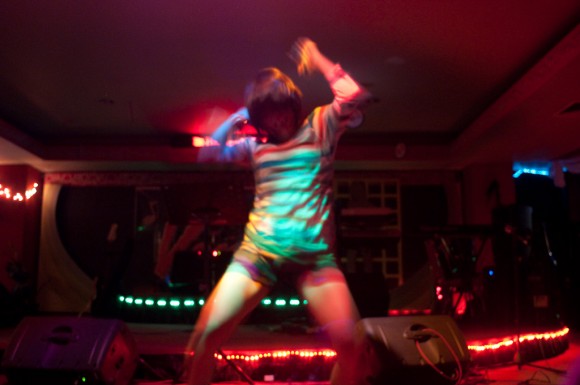If I’m frank, one of the enjoyable aspects of that small bar around the corner is that I’m not going to bump into you. It’s not that I don’t like your company, I do. Honest. But it’s a space where I’m free, unencumbered by our shared history I feel just a little bit liberated. That emotion when I thought of you not being there was probably elation.
And I know you feel the same way. It’s something that for all our social graces you, me and 30 million plus residents of the Tokyo cosmopolitan area have in common. Don’t fight it. Enjoy.
But is it under threat? And what are the drivers and consequences for change?
Ten years ago we made a conscious effort to connect. Today, if you’re an urban dweller in a city like London, New York or like me, living here in Tokyo you probably make a conscious effort to disconnect. For many of you reading this fully disconnecting is no longer a viable option or at the very least a deeply discomforting one – so ingrained are communication technologies in our daily life. Of course as with any discussion on ‘connecting’ the issue is about whom and what we’re connecting, disconnecting and ultimately reconnecting to. For the millions of people whose livelihood is enabled by connectivity and for whom viable alternatives are a step back into the stone-age, the issue of whether to disconnect is an issue of whether the family gets to eat tonight. For some disconnecting has never been and will never be a realistic option.
And so now we’re moving with pin point precision into a world of shared location information. The global momentum of the mobile two-dot-oh social sharing services is on the cusp of kicking-in. For a short while my local small, happily anonymous bar in a desire to retain a degree of anonymity will probably have a ‘please turn off your location information’ sign. But it won’t make a difference – if the shared trajectories of me and my close friends doesn’t tell the tale; then that geo-tagged photo taken by your tech-unsavvy friend in the corner will. Bless her for all her good intentions, her desire to capture her vision of you and share with the world. And therein lies the rub – because any decision to opt out is not simply an issue of whether to opt out of the technology, but ultimately one of whether to opt out of society. The same goes for every technological advance from relying on modern cartography to carrying a mobile phone.
Spurred on by the promise of open platforms – software developers are exploring, inventing and rapidly re-inventing the new world. Compared to current real world practices the results are often more crude – not surprising given the diversity of social norms framing billions of personal preferences and trillions of contexts. In this time of rapid change – the one thing we don’t, and probably never will share is an acceptable notion of what is OK to share.
But ultimately we are all only one or two compelling, highly social applications away from shared location information being indispensable. And as with connectivity – the smarter question probes what we are happy to share, with whom and in what context, and it is through the process of asking these questions that we get to debate re-evaluate and re-discover what’s important for ourselves and for the society in which we live.
In time the social norm will shift to the point where we feel lost without at least ambient location awareness our loved ones, our peers, our colleagues. In time you’ll be cool with it.
See you around. Or maybe not.
